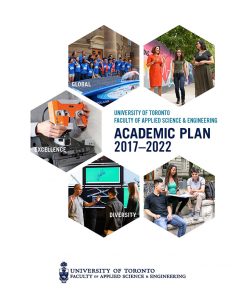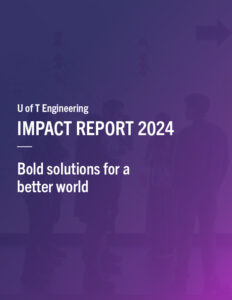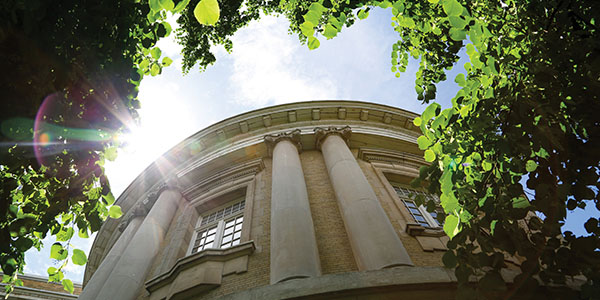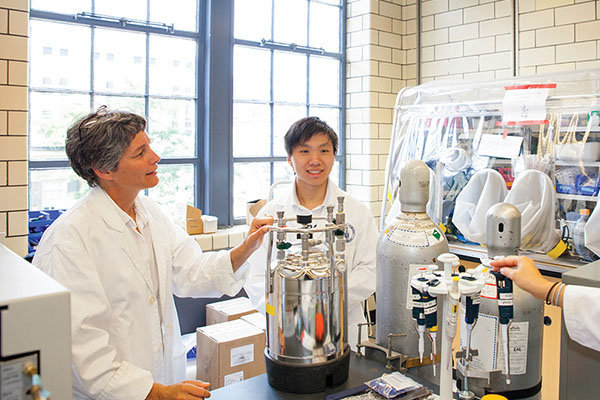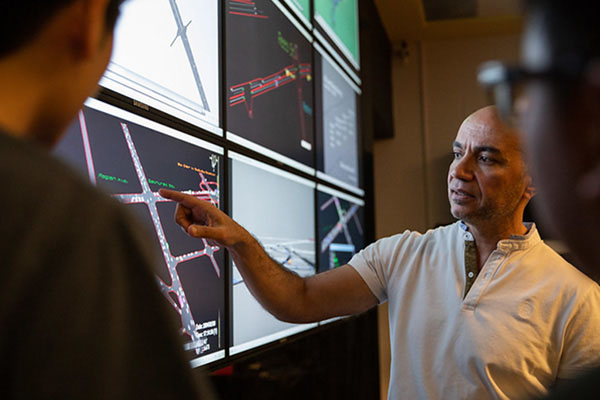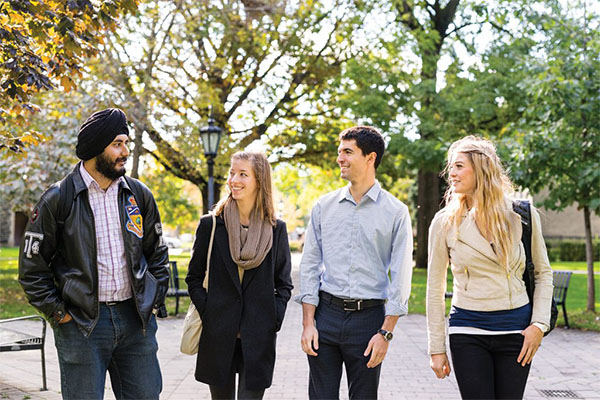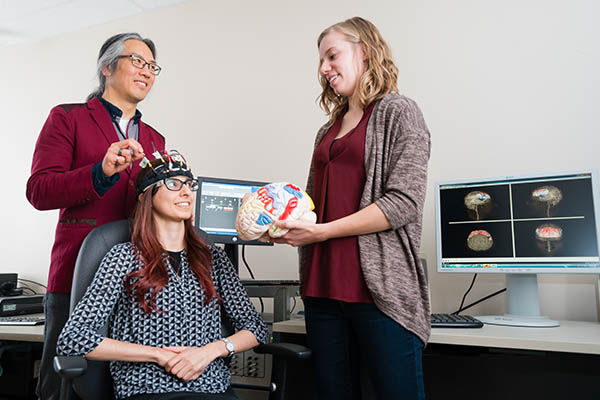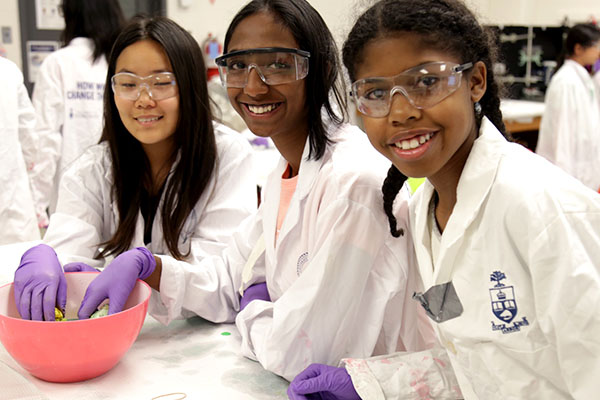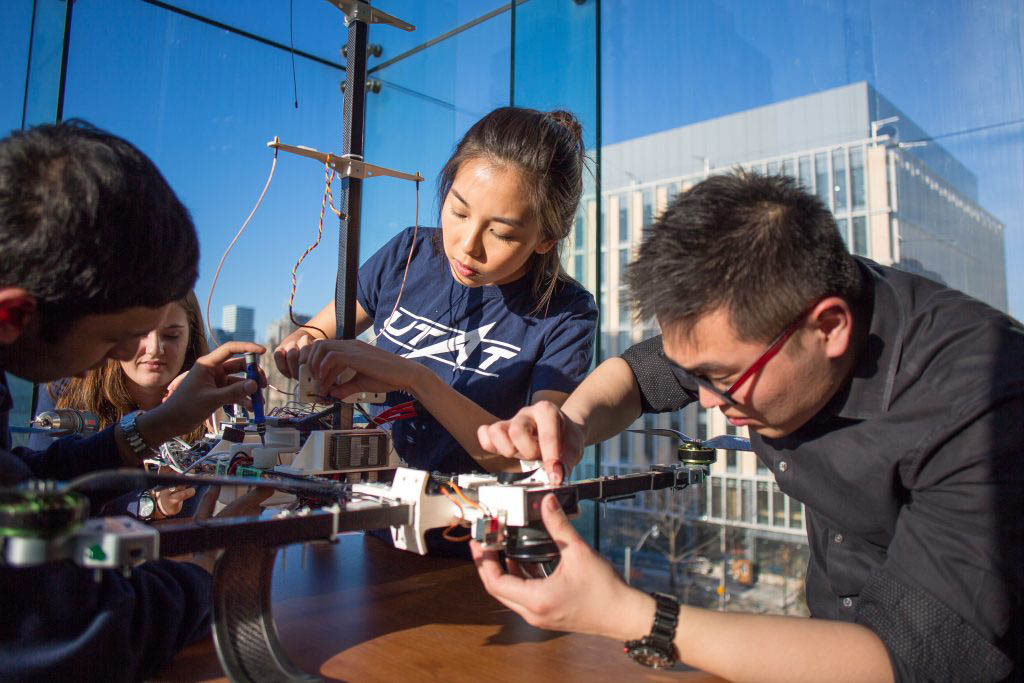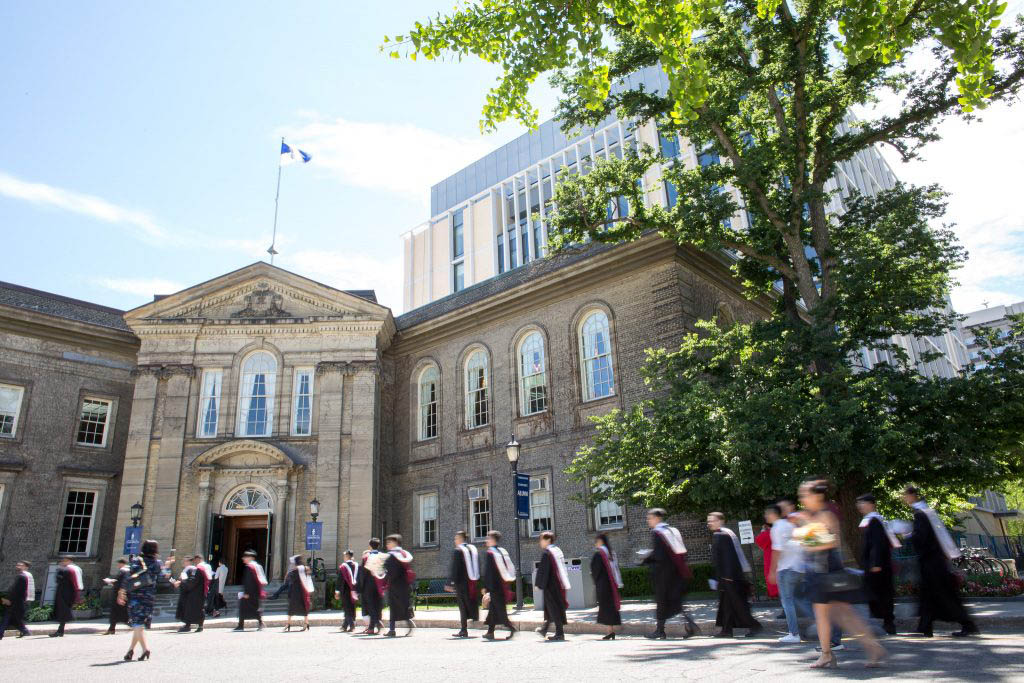Elizabeth Edwards, University of Toronto
Host: Prof. Ramin Farnood
These are very exciting times in fundamental and applied environmental microbiology owing to significant advances in analytical tools and techniques to interrogate complex biological systems. These tools include affordable large-scale sequencing, quantitative DNA and RNA extraction and amplification tools, powerful microscopy, and proteomic analyses applicable to complex mixtures and small sample sizes. These techniques are enabling novel approaches and improved modelling to uncover fundamental metabolism, regulation, genetics, and interspecies metabolite transfer in complex microbial ecosystems. Specific applications related to my own research include biomethane production, wastewater treatment and surveillance, and soil and groundwater bioremediation. These processes rely on complex microbial communities that have defied traditional reductionist microbiological approaches. In this talk, I will discuss how combinations of modern genome-enabled tools have been used to monitor microbial communities and to decipher beneficial interactions in complex microbial consortia, whose activity is greater than the sum of their individual parts.
_____
Dr. Elizabeth Edwards holds Bachelor’s and Master’s degrees in Chemical Engineering from McGill University, Montreal, and a PhD degree (1993) in Civil and Environmental Engineering from Stanford University. She is internationally known for her work on anaerobic bioremediation, the application of molecular biology and metagenomics to uncover novel microbial processes, and the transition of laboratory research into commercial practice to develop bioremediation and bioaugmentation strategies for groundwater pollutants. Dr. Edwards and her team were recognized with the 2009 NSERC Synergy Award for her highly successful partnership with Geosyntec, an international environmental consulting firm with whom she developed a microbial consortium called KB-1®. This commercially successful bioproduct marketed by SiREM labs in Guelph, ON, biodegrades two of the world’s most common and persistent groundwater pollutants, PCE (a common dry-cleaning agent) and TCE (a degreasing solvent), more quickly and at a lower cost than conventional methods. It has been used at over 700 sites around the world.
She is also the founding director of BioZone, a Centre for Applied Bioscience and Bioengineering Research at the University of Toronto and a Tier 1 Canada Research Chair in Anaerobic Biotechnology. In 2016, she was awarded the Canada Council of the Arts Killam Prize in recognition of her outstanding career achievements and was appointed an Officer in the Order of Canada (Canada’s highest civilian honour) by the Canadian Governor General in 2020.
View the complete 2022-23 LLE schedule
Questions? Please contact Professor Jay Werber (jay.werber@utoronto.ca) or Sophia Lu (soph.lu@mail.utoronto.ca).

LLE: Application of Genome-enabled Tools to Groundwater and Wastewater Samples. What Can We Learn? (Elizabeth Edwards, UofT)
LLE: Application of Genome-enabled Tools to Groundwater and Wastewater Samples. What Can We Learn? (Elizabeth Edwards, UofT)
Event Details
February 8, 2023 @ 12:00 pm - 1:00 pm
WB116
Elizabeth Edwards, University of Toronto
Host: Prof. Ramin Farnood
These are very exciting times in fundamental and applied environmental microbiology owing to significant advances in analytical tools and techniques to interrogate complex biological systems. These tools include affordable large-scale sequencing, quantitative DNA and RNA extraction and amplification tools, powerful microscopy, and proteomic analyses applicable to complex mixtures and small sample sizes. These techniques are enabling novel approaches and improved modelling to uncover fundamental metabolism, regulation, genetics, and interspecies metabolite transfer in complex microbial ecosystems. Specific applications related to my own research include biomethane production, wastewater treatment and surveillance, and soil and groundwater bioremediation. These processes rely on complex microbial communities that have defied traditional reductionist microbiological approaches. In this talk, I will discuss how combinations of modern genome-enabled tools have been used to monitor microbial communities and to decipher beneficial interactions in complex microbial consortia, whose activity is greater than the sum of their individual parts.
_____
Dr. Elizabeth Edwards holds Bachelor’s and Master’s degrees in Chemical Engineering from McGill University, Montreal, and a PhD degree (1993) in Civil and Environmental Engineering from Stanford University. She is internationally known for her work on anaerobic bioremediation, the application of molecular biology and metagenomics to uncover novel microbial processes, and the transition of laboratory research into commercial practice to develop bioremediation and bioaugmentation strategies for groundwater pollutants. Dr. Edwards and her team were recognized with the 2009 NSERC Synergy Award for her highly successful partnership with Geosyntec, an international environmental consulting firm with whom she developed a microbial consortium called KB-1®. This commercially successful bioproduct marketed by SiREM labs in Guelph, ON, biodegrades two of the world’s most common and persistent groundwater pollutants, PCE (a common dry-cleaning agent) and TCE (a degreasing solvent), more quickly and at a lower cost than conventional methods. It has been used at over 700 sites around the world.
She is also the founding director of BioZone, a Centre for Applied Bioscience and Bioengineering Research at the University of Toronto and a Tier 1 Canada Research Chair in Anaerobic Biotechnology. In 2016, she was awarded the Canada Council of the Arts Killam Prize in recognition of her outstanding career achievements and was appointed an Officer in the Order of Canada (Canada’s highest civilian honour) by the Canadian Governor General in 2020.
View the complete 2022-23 LLE schedule
Questions? Please contact Professor Jay Werber (jay.werber@utoronto.ca) or Sophia Lu (soph.lu@mail.utoronto.ca).
Upcoming Events
- All
- Alumni events
- Anti-Racism and Cultural Diversity Office events
- Convocation events
- Faculty & staff events
- Info sessions
- Lectures, seminars and workshops
- Socials
- U of T holidays & closures

